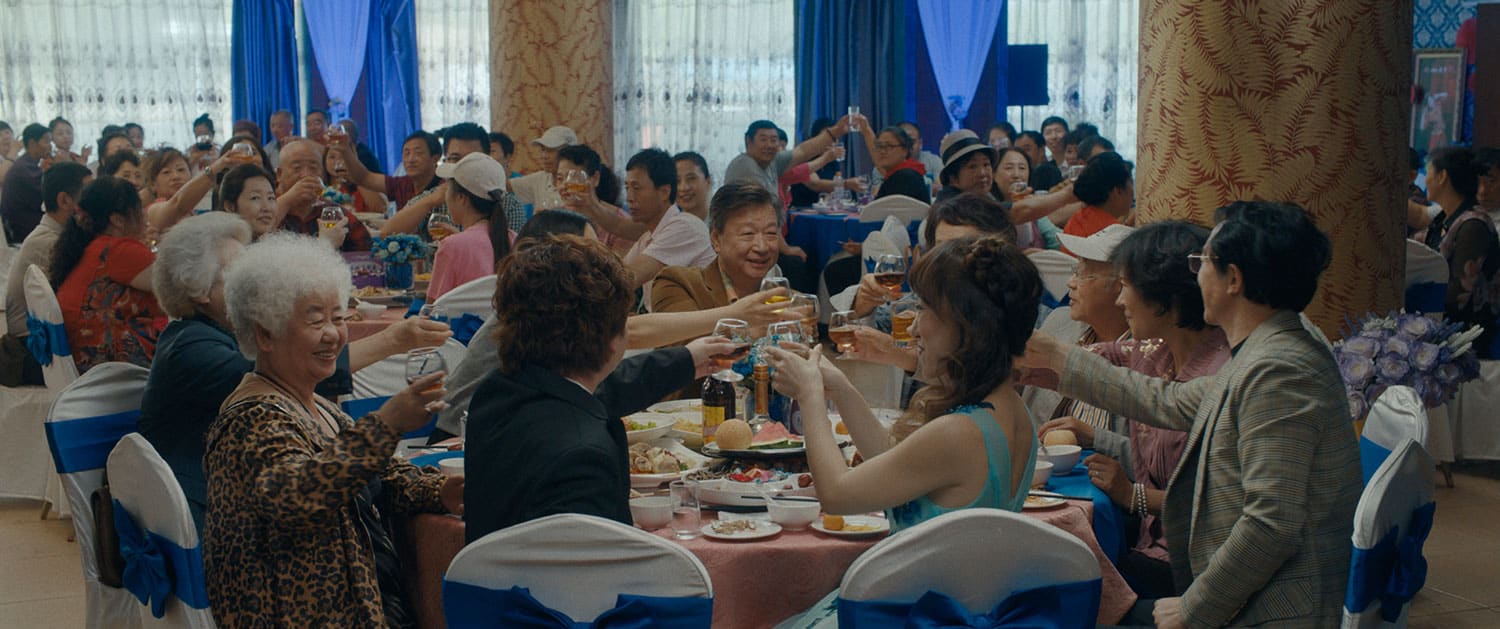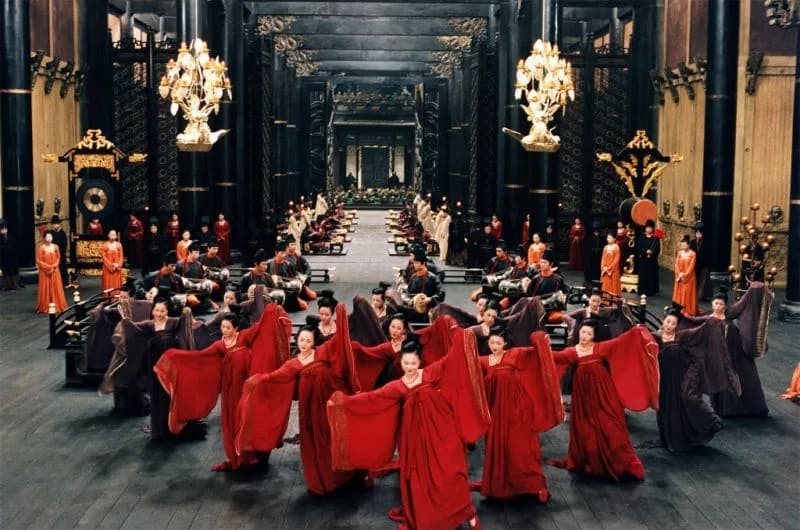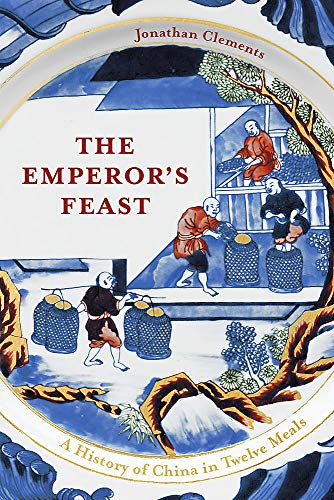There are few, if any, corners of the world where Chinese food is not commonplace. A love affair with cuisine from the East Asian state has been ongoing for years, with various eateries cropping up all over the globe. While many of us gorge on favourites such as spring rolls and Peking duck, few are aware of the journeys these dishes have taken through history to end up on our plate. It's this gap in our culinary knowledge that author Jonathan Clements aims to fill with his latest book, “The Emperor's Feast: A History of China in Twelve Meals”.
Buy This Title
The book takes us from the rule of the Xia Dynasty of legend to that of the Chinese Communist Party of the current day, noting all of the significant regime changes along the way. This journey through history is viewed through the lens of Chinese food; a constantly evolving feature of cultural significance. From exploring grand meals of choice for emperors gone by, to popular mealtime innovations among the common folk, the book offers a complete overview of the inseparable history between China's culture, politics, and food.
Those more interested in the cuisine won't be left disappointed, as we're presented with an incredible amount of detail regarding when and why certain dishes rose to popularity, as well as how specific meals were prepared. While some recipes will leave you salivating, others are sure to have the opposite effect as Clements delves into the origins of a variety of exotic concoctions. Not only are the ingredients of particular recipes explored, but also the evolution of crop cultivation and cooking techniques thanks to developments in equipment and technology.

When the focus sways towards the retelling of China's history, we're given a general account of the country's past, with particular attention paid to food-related events. The stories told range from the hilarious to the horrifying, as we're invited to explore tense banquets between rivals, spates of poisoning in the lead up to wars, and promises of immortality. It's quite astonishing just how many dramatic food-related incidents have shaped China over the years, from instances of political persuasion to outright murder. Clements' ability to recount these events in such captivating fashion makes it exciting to discover how they unfold.
Furthermore, “The Emperor's Feast” brings to light a number of interesting historical figures, both big and small. A Han Dynasty emperor with a frowned upon love for so-called ‘barbarian cakes', a frightening Mongol Khan whose dishes few dare to criticise, and a legendary ‘Divine Farmer' who discovered much of China's early food; the book is filled with colourful characters, all of whom are fascinating to examine. Even readers already familiar with more famous figures, such as Empress Wu, may discover things about these individuals' dietary habits that raise an eyebrow or two.

What's made clear throughout Clements' study is just how intrinsically linked China's food and history are with one another. Mongol invaders not only bring with them sweeping social change but also exotic ingredients and opportunities for new dishes. Similarly, fondness for particular meals and ingredients influence certain political campaigns. This crossover stresses how deep-seated the importance of food is in broader Chinese culture. There are more than enough examples here to suggest that China's future will, in a small way at the very least, be determined by the evolution of its cuisine.
Clements, who has written several books on China and Eastern Asia over the years, balances the blend between food and general history very well so that the work never loses focus. While a less imaginative writer may present an endless list of Chinese dishes and sound off a tired timeline of events, the historian instead makes the subject matter very accessible through a light tone accompanied by personal anecdotes and dry wit. Clements' love for China's history and cuisine shines through in each chapter, with his evident passion making the book a consistently engaging read.
The author draws on an exhaustive range of primary and secondary sources, all of which have been scoured to paint a complete picture of Chinese food history. Clements cites from early Chinese foodies such as 11th-12thcentury writer Su Dongpo and discusses ongoing historical debates from contemporary historians surrounding the origins, names, and ingredients of specific dishes. Through such an approach, the book ends up being an excellent piece of historical writing as all the information is presented objectively, often accompanied by notes and further reading suggestions for anyone looking to dig deeper.
You don't have to be a massive foodie or history buff to enjoy “The Emperor's Feast” as Jonathan Clements presents a rich study that captures the best of both. The book is the perfect jumping-on point for anyone wanting to learn more about general Chinese history and offers up some delicious details about the country's famous cuisine on the way. Don't be surprised if you find yourself on the phone to the local takeaway only a few chapters into this one.
















